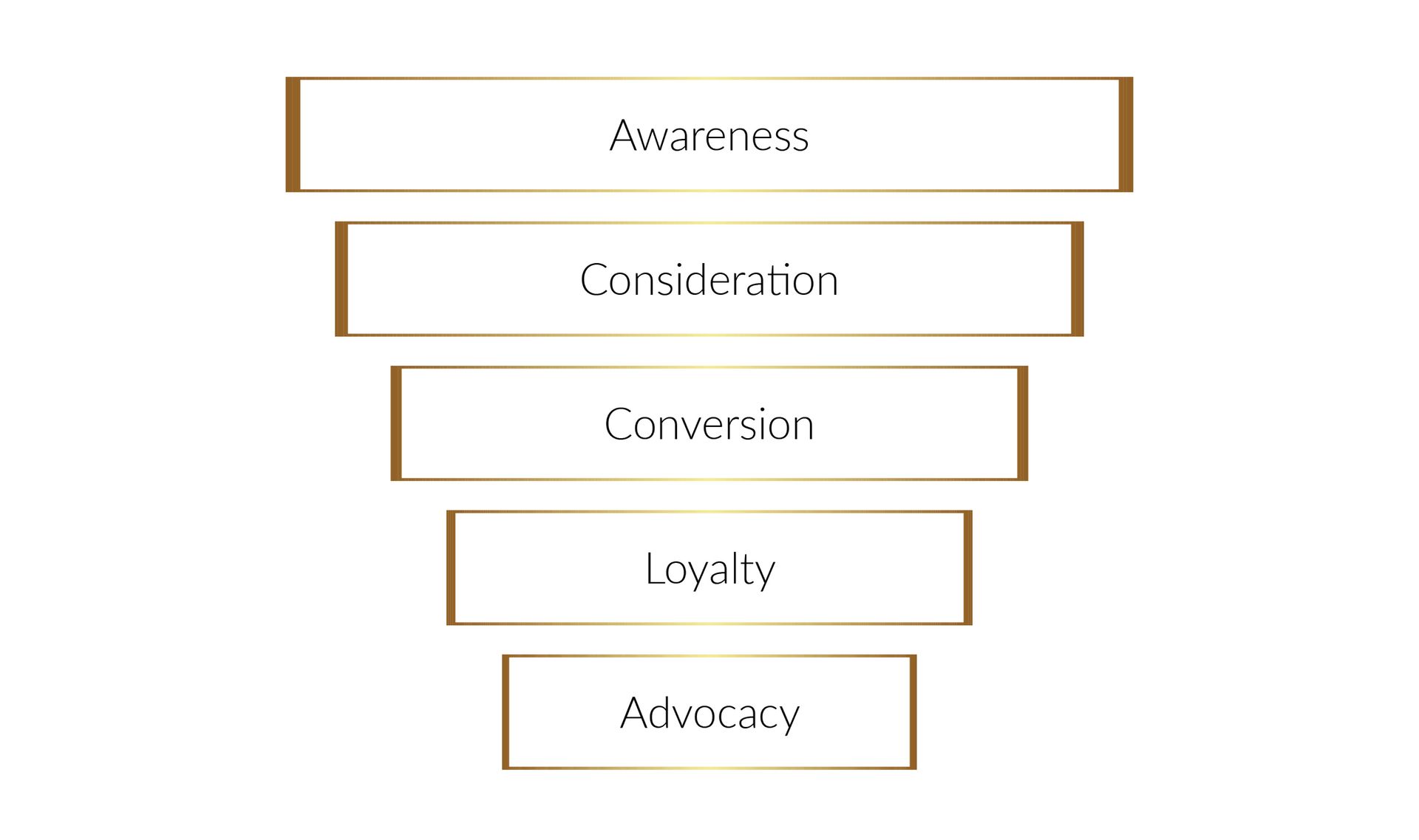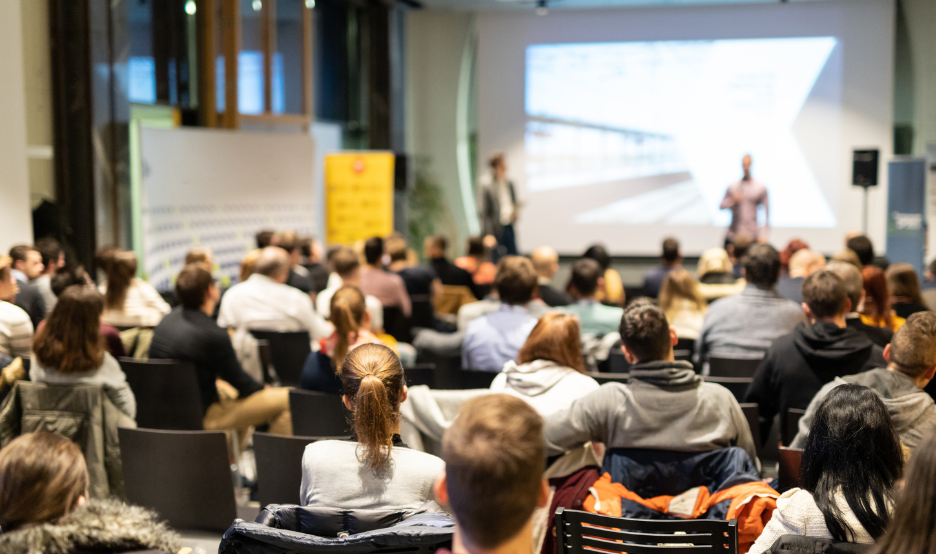Navigating AI and Workplace Equality: EEOC's First-Ever Settlement Sets a New Precedent
Shaping a Future of Equality: The EEOC's AI Discrimination Settlement and its Implications for HR Consulting

In the ever-evolving landscape of artificial intelligence (AI) and its integration into workplaces, a recent milestone has caught our attention: the Equal Employment Opportunity Commission (EEOC) has secured its inaugural settlement involving AI discrimination in the workplace. This landmark event, highlighted in a recent article titled "We've reached another milestone in the artificial intelligence revolution," is a significant step forward for both AI technology and the ongoing pursuit of workplace equality.
AI Discrimination in Focus:
The EEOC's legal filing, as outlined EEOC Settles First-Ever AI Discrimination Lawsuit by Raeann Burgo and Wendy Hughes © Fisher Phillips, detailed a case where a tutoring company agreed to pay $365,000 to settle allegations that its AI-powered hiring tool unfairly rejected women applicants over 55 and men over 60. This case not only shines a spotlight on the potential pitfalls of AI integration but also emphasizes the necessity of ensuring AI tools align with anti-bias laws and promote a fair and inclusive work environment.
The Broader Implications:
As the use of AI in HR processes continues to gain momentum, with a staggering 79% to 85% of employers incorporating AI tools, the implications of this settlement reverberate throughout the HR landscape. The EEOC's move to address AI-based discrimination establishes a precedent for ensuring that technological advancements do not compromise the principles of diversity and fairness.
Balancing Innovation and Ethics:
In a world driven by technological innovation, it's crucial to strike a balance between progress and ethical considerations. As highlighted in the original blog, the rapid adoption of AI tools in employment settings underscores the importance of proactively addressing bias and discrimination. Organizations that leverage AI for recruiting and hiring must embrace both cutting-edge technology and ethical practices to create an environment that values and supports all individuals.
Practical Steps Toward Equality:
To avoid potential pitfalls and align with the EEOC's initiative, there are several key steps HR professionals and organizations can take:
1. Diverse Testing: Rigorously test AI tools with diverse data sets to mitigate inadvertent biases.
2. Regular Review: Continuously review AI tools to ensure compliance and equity.
3. Conduct Bias Audits: Consider conducting AI bias audits, even if not legally mandated.
4. HR Team Training: Equip HR teams with AI understanding to ensure fair practices.
5. Clear Policies: Develop comprehensive AI policies to serve as the foundation of fairness.
6. Open Communication: Foster transparency and encourage reporting of perceived biases.
7. Human Involvement: Retain human judgment in workplace decision-making.
8. Feedback Loops: Encourage feedback to identify and rectify potential biases.
9. Legal Expertise: Partner with legal counsel well-versed in AI and workplace law.
10. Stay Updated: Keep abreast of AI trends and their intersection with HR practices.
The EEOC's groundbreaking settlement underscores the pivotal role of AI in shaping the future of workplaces while emphasizing the need to ensure these advancements do not inadvertently perpetuate biases. As HR professionals and consultants, we stand at the forefront of advocating for technological innovation that aligns with our ethical responsibilities. By proactively addressing the challenges AI presents and implementing best practices, we can drive a workplace culture that is not only technologically advanced but also promotes equality, diversity, and inclusivity.
Let's continue the dialogue on how AI and HR can intersect positively, fostering a truly equitable work environment. Together, we can navigate the complexities of AI while nurturing a workplace that empowers every individual.
#AIinHR #WorkplaceEquality #EthicalInnovation #HRConsulting




